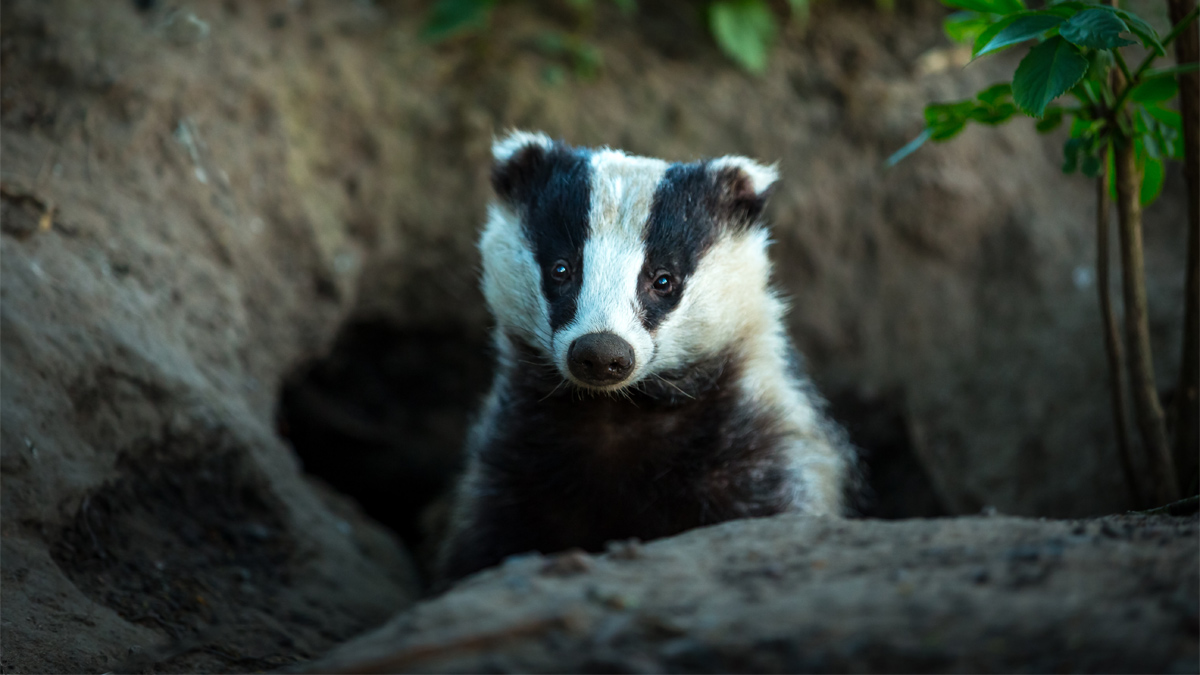Finding your dream job straight out of university isn’t easy but for Anna her choice of master’s made it a walk in the park.
During her BSc in Zoology at the University of Reading, Anna discovered a real passion for ecology. It was an easy choice to stay on to study MSc Species Identification and Survey Skills (now known as MSc Ecological Survey Skills with Placement).
“I was thinking about jobs I could do with my zoology degree and a professor at Reading suggested that I look into ecology as a sector. The fact that this was a career where you could be out doing field work was very important to me.”
The course was an ideal choice for Anna, as it is very focused on developing practical skills with a large portion of the course devoted to a paid placement. It gave her the industry-critical ecology and ecological surveying techniques required for the competitive conservation sector.
A key part of the course is the six-month paid placement where students are given the opportunity to work for a company in the field, giving them real-world experience building an industry network and connections prior to graduation. Anna loved this aspect of the course, and what set this apart from other master's degrees was that she was able to earn while she was studying.
“It was very important to me that I start earning money as soon as possible. When I started with my placement, I could support myself. I loved my placement at Ecology by Design, I got the chance to work on multiple projects, surveying bats, badgers and reptiles.”
Her placement experience turned into an offer of a permanent role and Anna is now working alongside many other University of Reading alumni at Ecology by Design, as an assistant ecologist.
Studying for her MSc at Reading gave Anna a unique opportunity to gain real industry experience. It grew her passion for ecology, and equipped her with the knowledge and experience to excel in the workplace.
"I love my current job as an assistant ecologist. The best part is providing mitigation and enhancements for protected species and habitats and feeling at the end of the day that my work makes a difference."
